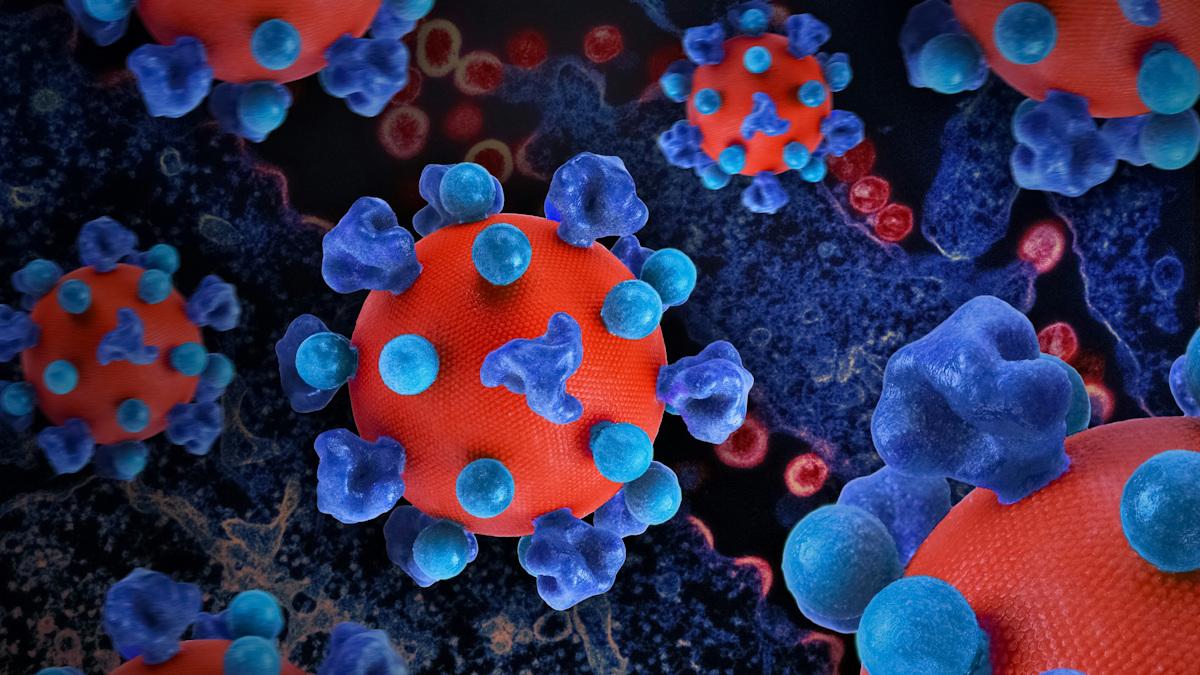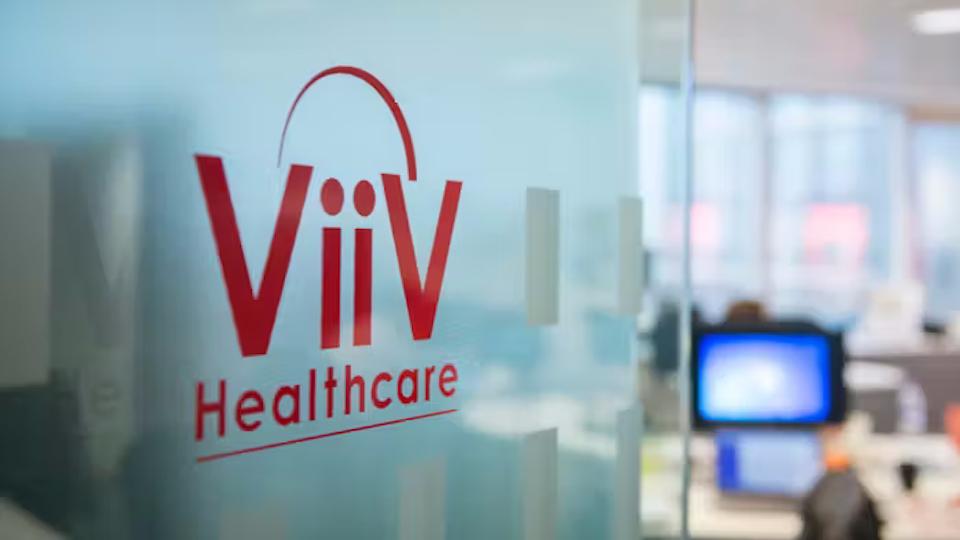Gilead's twice-yearly PrEP drug is cleared by FDA

Gilead Sciences has cemented its dominant position in the market for HIV pre-exposure prophylaxis (PrEP) after claiming FDA approval for a drug, Yeztugo, that provides protection with an injection given every six months.
The decision has been long anticipated amid hopes that Yeztugo (lenacapavir) could become a key tool in fighting the HIV epidemic, although recent proposals by the Trump administration to slash funding for HIV prevention programmes have raised fears that potential could be undermined.
The approval is also a welcome boost for Gilead's important HIV business, which reported worse-than-expected sales in the first quarter due to changes to Medicare Part D and is looking to the new product to restore sales momentum.
The FDA's decision came a day ahead of its deadline for the review of Yeztugo, which had breakthrough status, and is based on two phase 3 trials in thousands of individuals called PURPOSE 1 and 2.
The studies showed that two injections of lenacapavir respectively provided 100% protection against HIV infection in women and adolescent girls in South Africa and Uganda, and near-complete (99.9%) protection in a broad group of cisgender men and gender-diverse people.
There were no HIV infections among the lenacapavir cohort in PURPOSE 1 and just two in PURPOSE 2, and, in both trials, the drug was significantly better at preventing HIV infections than the company's once-daily oral PrEP product Truvada (emtricitabine and tenofovir disoproxil fumarate).
According to Gilead, around 95% of the PrEP market is with daily oral therapies like Truvada and its generics, as well as the company's follow-up Descovy (emtricitabine/tenofovir alafenamide). Along with the opportunity for PrEP users to switch to something with less frequent dosing and fewer worries about compliance, the company has also said it believes there is a pool of treatment-naïve people who have been waiting for the injection.
The company has set an annual list price of $28,218, before insurance, which compares to around $2,000 per month for its oral PrEP products.
On Gilead's first-quarter results call, chief executive Daniel O'Day downplayed the recent noises from the Trump administration on HIV funding and other possible brakes on uptake like Medicaid cuts, saying: "We haven't seen or heard anything to date that would cause us to alter our plans or expectations, in the HIV field, including the… PrEP launch."
He added: "I believe the administration understands the importance of particularly chronic diseases and prevention."
Analysts at RBC Capital Markets have predicted that Yeztugo could become a $2 billion product, and become a key component of Gilead's PrEP franchise as it tries to ward off a challenge from HIV market rival ViiV Healthcare, majority-owned by GSK, which sells an injectable PrEP called Apretude (cabotegravir) that needs to be dosed every two months.
Gilead is now waiting for regulatory decisions on the twice-yearly PrEP in Europe and other markets, including South Africa and Brazil, and is also planning to start a phase 3 study of once-yearly lenacapavir for HIV prevention in the second half of this year.
Advocacy group Prep4All welcomed the new approval, saying it is a major step forward in the fight to end the HIV epidemic and "also a testament to the value and power of American taxpayer investment in the research at the [NIH] that set the stage for this groundbreaking advancement."
The group also criticised both Gilead and the US administration, however, adding: "It is far from clear that innovation will triumph over the expensive price Gilead has set for lenacapavir coupled with active efforts by the Trump administration and Congressional Republicans to dismantle HIV prevention and healthcare systems in America."
Photo by National Institute of Allergy and Infectious Diseases on Unsplash












